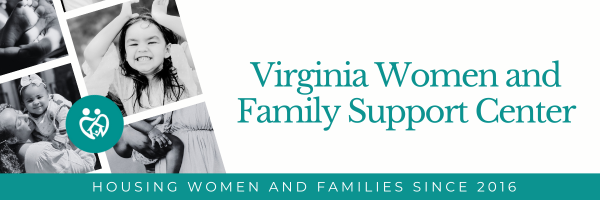Pilot Program Expanded to Assist Access to Affordable Financing for Manufactured Homes in Rural West Virginia
Affordable Housing Initiative: USDA’s Pilot Program Extended to Boost Homeownership in Rural West Virginia

In a significant move aimed at improving homeownership opportunities in rural areas, Ryan Thorn, the Director of Rural Development for the U.S. Department of Agriculture (USDA) in West Virginia, has announced an extension of a crucial pilot program. This initiative is designed to help individuals and families access affordable financing for purchasing manufactured homes in rural communities across the state.
“Everyone deserves to live in a safe and affordable home,” declared Thorn in a recent statement. He emphasized the importance of stable housing as a cornerstone of quality life, outlining how it provides a foundation for both personal and financial growth. This initiative aligns with the Biden-Harris Administration’s ongoing commitment to supporting families with the dream of owning a home, particularly in underserved rural areas.
Supporting Homeownership Through Innovative Financing
As part of efforts under the Housing Supply Action Plan, the USDA aims to bolster new financing options that make homeownership a reality for many. The extended pilot program comes after successfully launching in 2016 and subsequently renewed in 2022. Now, with this latest extension, applicants will benefit from waived regulatory requirements until May 1, 2025, facilitating greater access to financing for manufactured homes.
The pilot program utilizes two primary funding mechanisms: the Single-Family Housing Direct Loans program and the Single Family Housing Guaranteed Loan Program. These avenues are tailored to support low- to moderate-income families by allowing them to secure loans for various housing needs, including purchasing existing manufactured homes and constructing new energy-efficient models.
Who Can Benefit from the Pilot Program?
The flexibility of these loans is noteworthy. For example, participants can apply for financing to purchase existing manufactured homes, and they also have the option to finance the construction of new homes on leased land, ensuring that even those who do not own property can still find a way to realize their dream of homeownership.
This program isn’t limited to West Virginia alone; it is also operational in several other states, including Colorado, Iowa, Louisiana, Michigan, Mississippi, Montana, Nevada, New Hampshire, New York, North Dakota, Ohio, Oregon, Pennsylvania, South Dakota, Tennessee, Texas, Utah, Vermont, Virginia, Washington, Wisconsin, and Wyoming. The breadth of this initiative highlights a nationwide recognition of the challenges facing prospective homeowners in rural areas.
Economic Growth Through Homeownership
Access to affordable housing doesn’t just impact individual families; it has the potential to transform entire communities. When families invest in homes, they are more likely to invest in their communities, whether through local businesses, schools, or volunteer efforts. This revitalization can lead to improved economic conditions, creating a cycle of growth and stability that benefits everyone.
Moreover, by helping families build equity through homeownership, the program allows them to establish financial stability over time. As Thorn pointed out, the opportunity for families to own a home is not merely a financial transaction; it represents a path to wealth creation and a chance for broader financial empowerment.
Conclusion
The USDA’s extended pilot program for affordable manufactured housing financing is a positive step forward in addressing the housing crisis in rural America, particularly in West Virginia. With the support of this initiative, more individuals and families will have the chance to move into safe, affordable homes that can serve as a foundation for a brighter future. As the Biden-Harris Administration continues to prioritize housing accessibility, programs like this one play a pivotal role in turning the dream of homeownership into reality for many across the country.
For more information on how to participate in the program, potential applicants can reach out to local USDA offices or visit the USDA’s website to learn about eligibility and application procedures. Greater access to housing means stronger, more resilient communities—and that’s a win for everyone involved.




